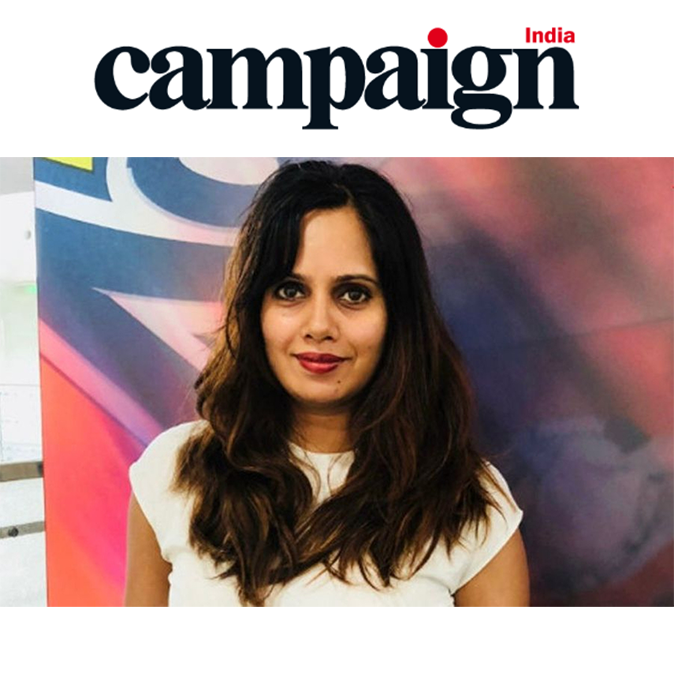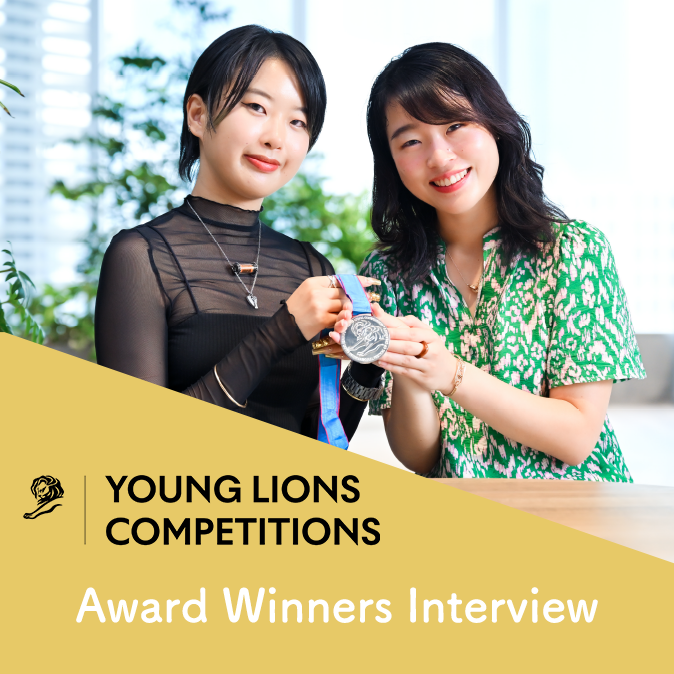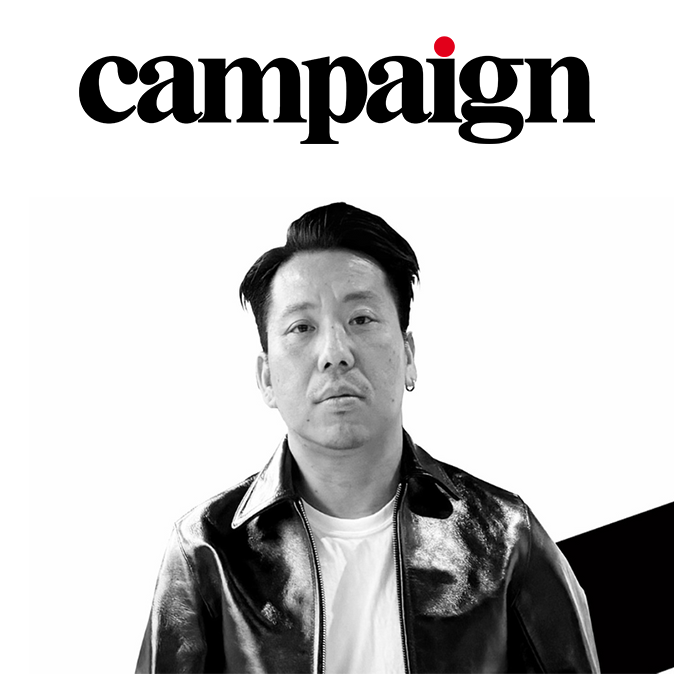- Reportage
Source: Campaign Asia-Pacific
The Hakuhodo designer is as comfortable getting lost in Shibuya’s music bars as she is soaking in books on Thai beaches—with a creative process that draws from personal experiences and a passion for innovative solutions.
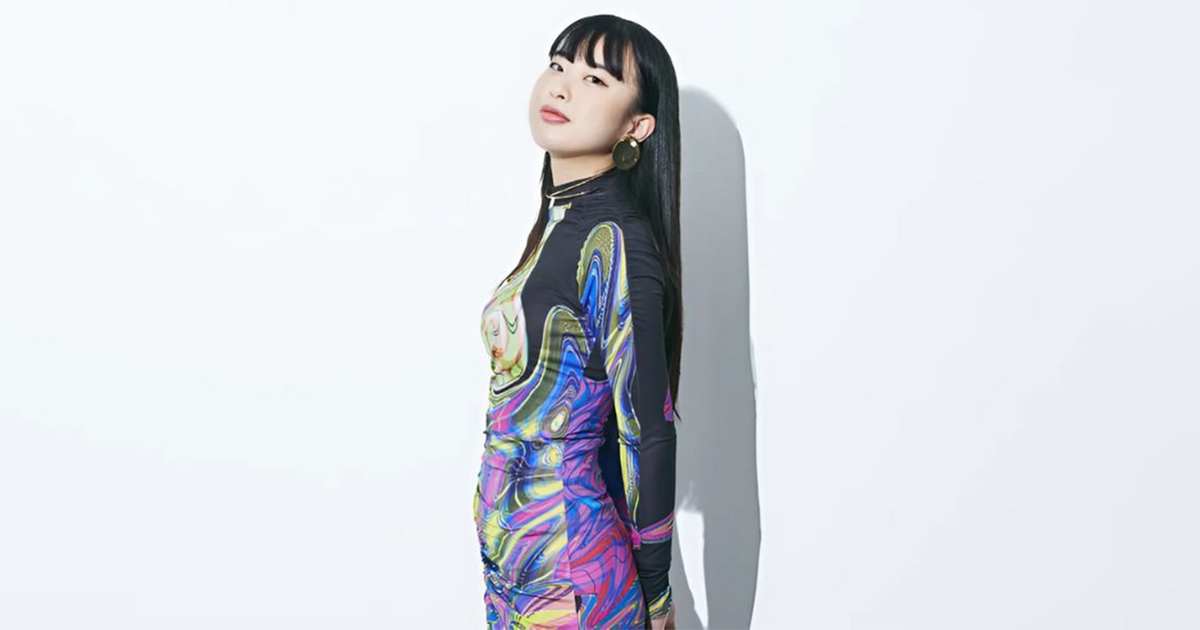
In Creative Minds, we ask APAC creatives a long list of questions, from serious to silly, and ask them to pick 11 to answer. (Why 11? Just because.) Want to be featured?
Name: Hinako Kawai
Origin: Aichi, Japan
Places lived or worked: Bangkok, Thailand; Tokyo, Japan
Pronouns: She/Her
Job title: Designer, Hakuhodo Japan
CV: Hakuhodo, Tokyo, Japan, designer, 2022–present
1. How did you end up being a creative?
Throughout my life, I’ve always aspired to support those who haven’t had the same opportunities as others. In middle school, I learned about fair trade, which led me to question why people continue to purchase non-fair-trade products despite knowing the harsh conditions workers face. I then realised that if luxury items were fair trade, it could provide a solution. This made me understand how branding and advertising can motivate people to act. With this in mind, I entered the creative industry to promote solutions to social problems in an attractive and impactful way.
2. What’s your favourite piece of work in your portfolio?
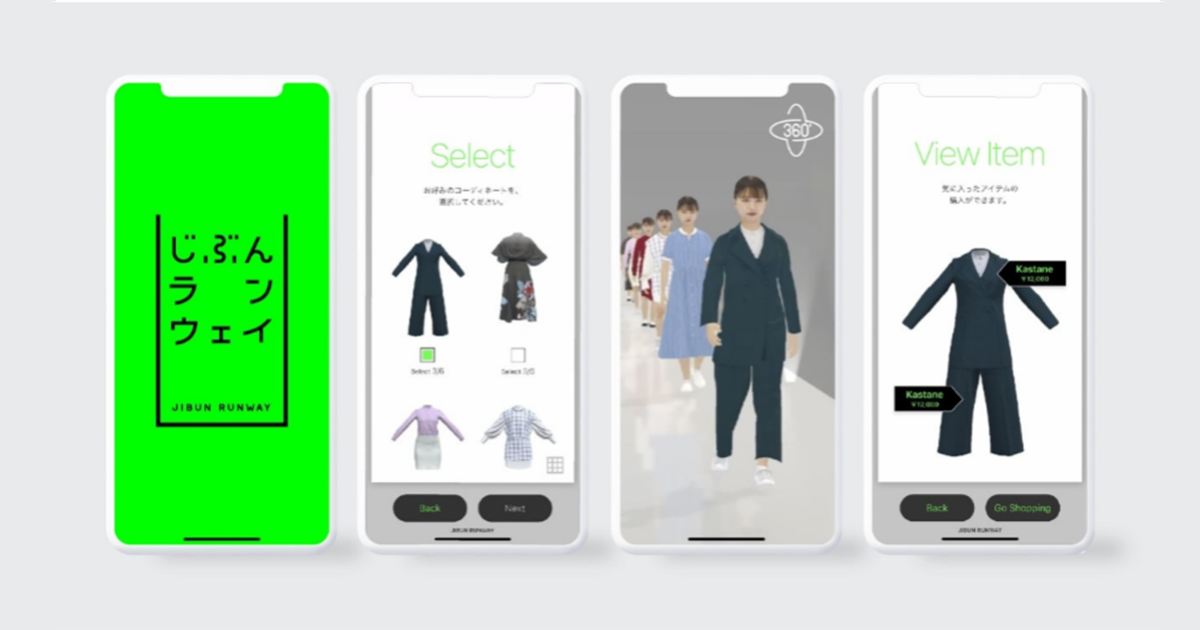
My favourite project was called Jibun Runway, which means “Me Runway” in Japanese. We introduced a culture where consumers own their 3D body data and can try clothes on virtually using that data. Our team collaborated with a 3D scanning company to develop an instant body scanner that completed scans in 15 seconds. We applied this service to retail shops, bringing sustainable solutions for fashion manufacturing.
3. What’s the one piece of work you most wish you’d done?
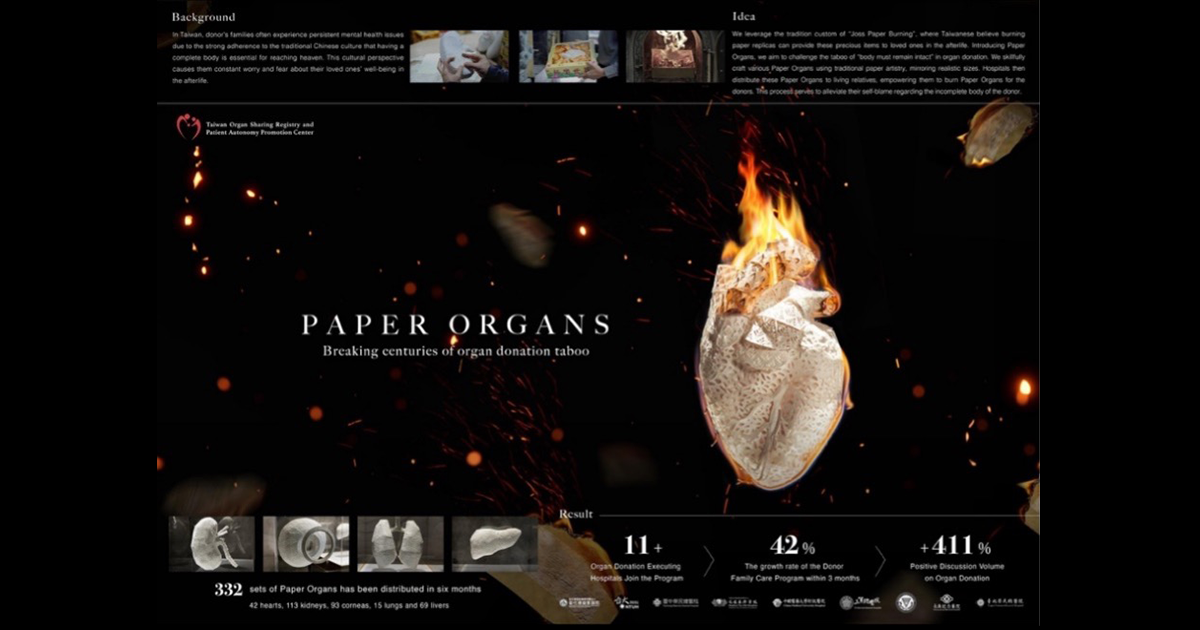
Paper Organ by Leo Burnett Taiwan. A team of three designed an organ-shaped offering made of paper for the burial of people who donated their organs. In Taiwan, there is a belief that the deceased can’t rest in peace if they lack body parts. As a result, organ donation carries a negative image, and family members often feel shocked after realising their loved ones have donated organs. The team explained that in Taiwan, people offer paper objects to wish the deceased well-being after death. So, they created a “paper organ” as an offering for those who donated them. This product is now used in burials, providing psychological support to many families. What’s impressive is that they also developed a sales channel through hospitals, with several hospitals in Taiwan recommending the product when needed. It’s incredibly challenging to address religious and cultural sensitivities in such decisions, but the team managed to do it, and I was astonished.
4. What or who are your key creative influences?
Cindy Gallop. I love powerful individuals who are passionate about spreading love.
5. What career did you think you’d have when you were a kid?
I always wanted to be a fashion designer. In Japan, we have a saying, “I.Shoku. Ju” (clothes, food, house), which refers to the three essentials of living. I see clothes as the ultimate user interface/user experience—they incorporate countless design details that align with the motions of our daily lives. I find the process of merging human biology with creativity very beautiful. It started very simply for me, but these realisations grew as I got older!
6. What really motivates you?
Building connections between distant communities excites me. For example, seeing TikTok trends spread across the world is thrilling!
7. What would you do on your perfect day?
Sleep until noon, have lunch in the park, shop in Harajuku, and then hit a music bar in Shibuya. Or, take a nap and read books on a beach in Thailand!
8. What’s the last song/artist you listened to?
‘I Go’ by Peggy Gou.
9. What’s your favourite music / film / TV show / book / other of the past year, and why?
‘Almost Famous’. I love the adventurous culture of 1980s rock bands. Crazy, but heartfelt.
10. What’s your favourite GIF/meme, and why?
Very recent and popular, but the cat meme—it has completely invaded my mind and emotions.
11. Do you have a nickname? Why?
Hico. My name in Japanese characters is ひ (hi) な (na) こ (co). The middle “な (na) was too difficult to write when I was a kid, so I used to sign “ひこ (Hico). It reminds me of my childhood creation.
End article
Read article at:
https://www.campaignasia.com/article/fashion-fair-trade-and-fierce-inspiration-inside-the-creative-mind-of-hinako-k/498158













